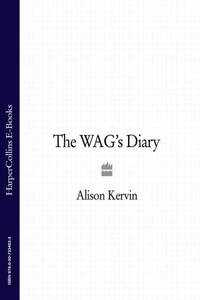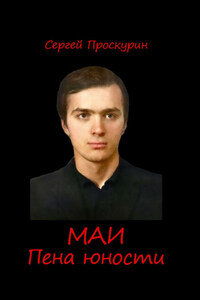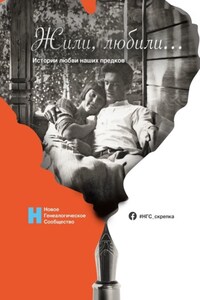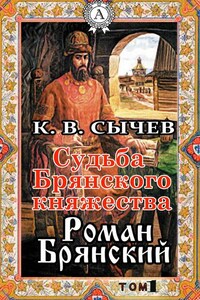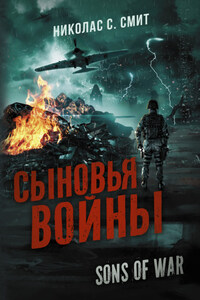I’ll never forget standing on the Sydney pitch in the pouring rain. We’d played our hearts out in the World Cup final for 80 minutes. Now we faced extra time. Johnno got us into a huddle and said, ‘don’t panic’. He told everyone to be calm and collected and just carry on doing what we were doing and we would win. He had such confidence. We all had confidence in each other and in our ability to do it.
Clive ran down the steps to talk to us. He darted onto the field and Johnno stopped him. ‘We’re OK,’ he said. ‘Everything is OK. You can go back.’ Clive looked shocked but he just backed off and let us get on with it. We’d been through a lot together as a group – we knew each other inside out. We’d been through defeats and victories, criticism and praise. We knew we were the fittest team and we knew we could rely on each other. We knew we could win.
The moment when Jonny kicked the ball that would win us the World Cup, all I remember was the sound of leather on leather. I knew it was going over. He belted it with his wrong foot, under all that pressure, yet I was certain that it was good. I looked up and saw it sail over. The crowd roared. We were the 2003 world champions.
It had been a long time in coming. By the time they hung that medal round my neck I was the most capped player in the history of the game and had competed in four World Cups and three Lions tours. I’d won four grand slams and had three kids! Winning the World Cup was the highlight of a career that has been an absolute joy. I started in 1990 and ended in 2004. Who would have guessed, when I stood on the field in Argentina for my first international cap, that it would develop the way it has. I still remember that first cap so clearly.
Even now I can picture the smoke, billowing out from the far stand as applause rippled around the stadium. I stood in the middle of the pitch and tried to stare ahead without focusing on the hatred written on the faces of those who jeered and shouted in the crowd. The strength of their emotions was palpable – as real as the smoke that drifted on the warm afternoon air. Every one of those people standing out there seemed to hate the England team with a depth that I could barely comprehend. It seemed that the players on the pitch wanted to take us apart, and those watching in the crowd, from behind huge barbed-wire fences, wanted to pick over the bones.
The year was 1990 and the place was Argentina. I was about to play in my first game for England and I had never been more scared on a rugby field. The pressures of playing in my first international game paled into insignificance beside the physical threat which appeared to be confronting me. I had never felt such intensity before, had never known such an exhibition of raw human emotion – nor have I since.
As I stood, as tall as I could, all those years ago, heaving my shoulders back and facing the angry mob, I belted out the national anthem at the top of my voice. I thought about the shirt that I was playing in, the country I was playing for and the players I was standing alongside. This was it. A most glorious moment. My first England cap. Their anger and bitterness would not prevent me from cherishing it.
All the time, the smoke continued to snake through the air, getting thicker as it billowed across the pitch. I turned towards it and, just as I thought the atmosphere couldn’t get any more hostile, a group of young Argentinians revealed the source of the fire as they held a burning flag in the air. I could hardly believe it – they had set fire to the Union Jack during the national anthem. This was now, officially, a baptism of fire.
It was a terrifying start to my career. The burning of the Union Jack signalled the commencement of the toughest, most vicious game that I have ever played in. The England rugby team was the first sports side to travel to Argentina after the Falklands War and, with the shadow of that costly encounter colouring all Argentine opinion, we were considered the enemy. Their feelings towards us ran deeper than those one would expect to experience as a sportsman. We were seen as the enemy, in every sense. We were the living embodiment of the political and military clashes that had taken place between Argentina and Britain, and the Argentinians were looking for sweet revenge.

